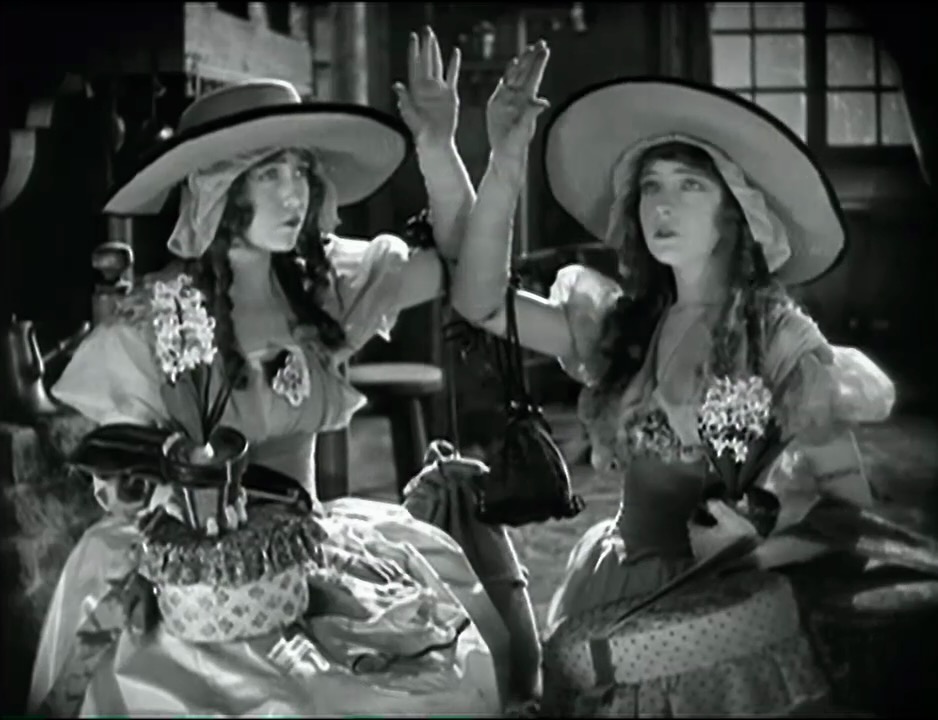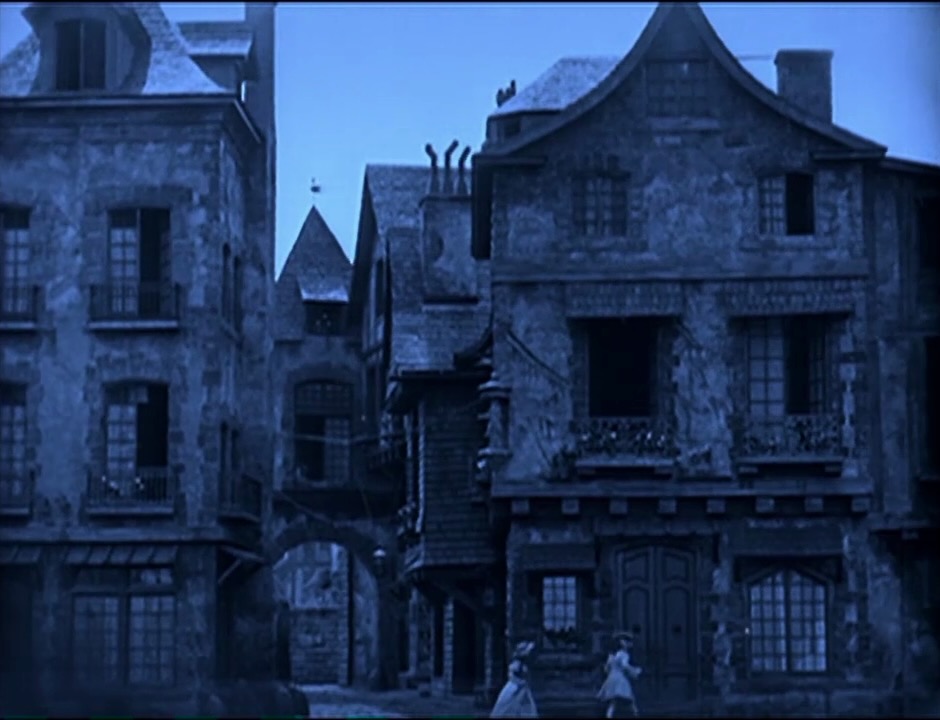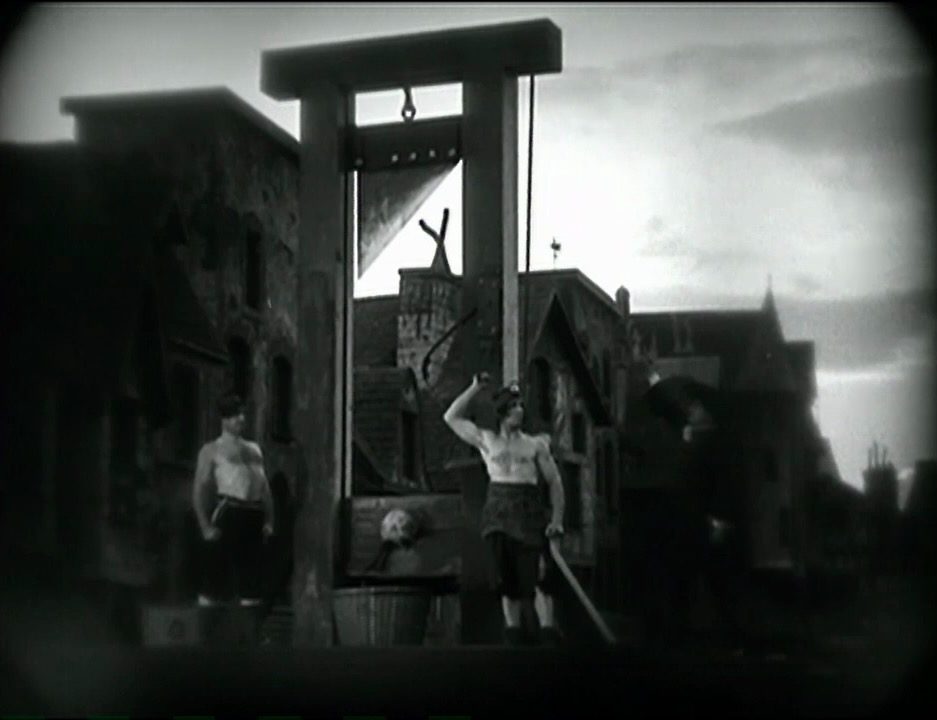After the Essanays and the Mutuals…
–
A Day’s Pleasure
Family vacation, but the family fades into the background as Charlie (1) tries to start the car, (2) fights with a big dude on a bouncy boat, (3) argues with an intersection traffic cop. I heard about three seconds of the intended music then switched over to Hesitation Marks.

–
Sunnyside
A couple good jokes (sending his girl’s annoying brother to play in traffic blindfolded) but mostly plotty, as hotel odd-jobsman loses his girl to a city slicker then finds out he’d been dreaming the whole episode.

–
The Idle Class
Two Charlies – the idle rich drunk neglecting his lovely wife Edna, and the golfing tramp who stumbles into a costume ball where everyone thinks he’s the husband, who is stuck inside his armor costume. The golfer whom Tramp Charlie has been antagonizing turns out to be Edna’s father. Lotta asses get kicked.

–
Pay Day
The best of this batch, with great elevator timing and reverse brick-tossing gags. Episodic like the others, he works in construction, takes a lunch break, goes out drinking with the boys, can’t catch a bus, finally makes it home to his horrible wife Phyllis Allen. Edna barely appears, but Foreman Mack Swain played her dad in this and The Idle Class.

–
The other three First National shorts were rounded up in The Chaplin Revue, then he got into features with The Kid and never looked back.




























